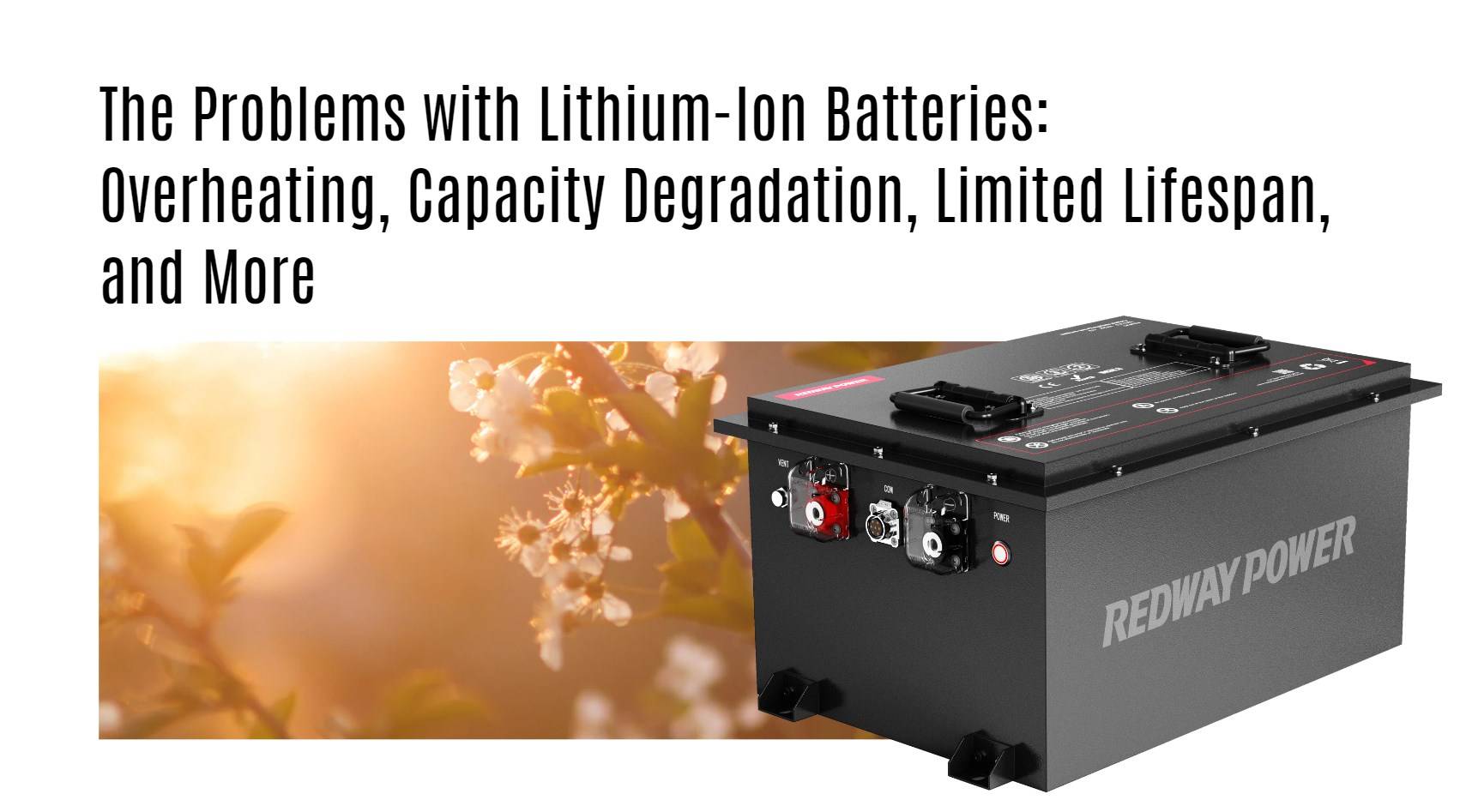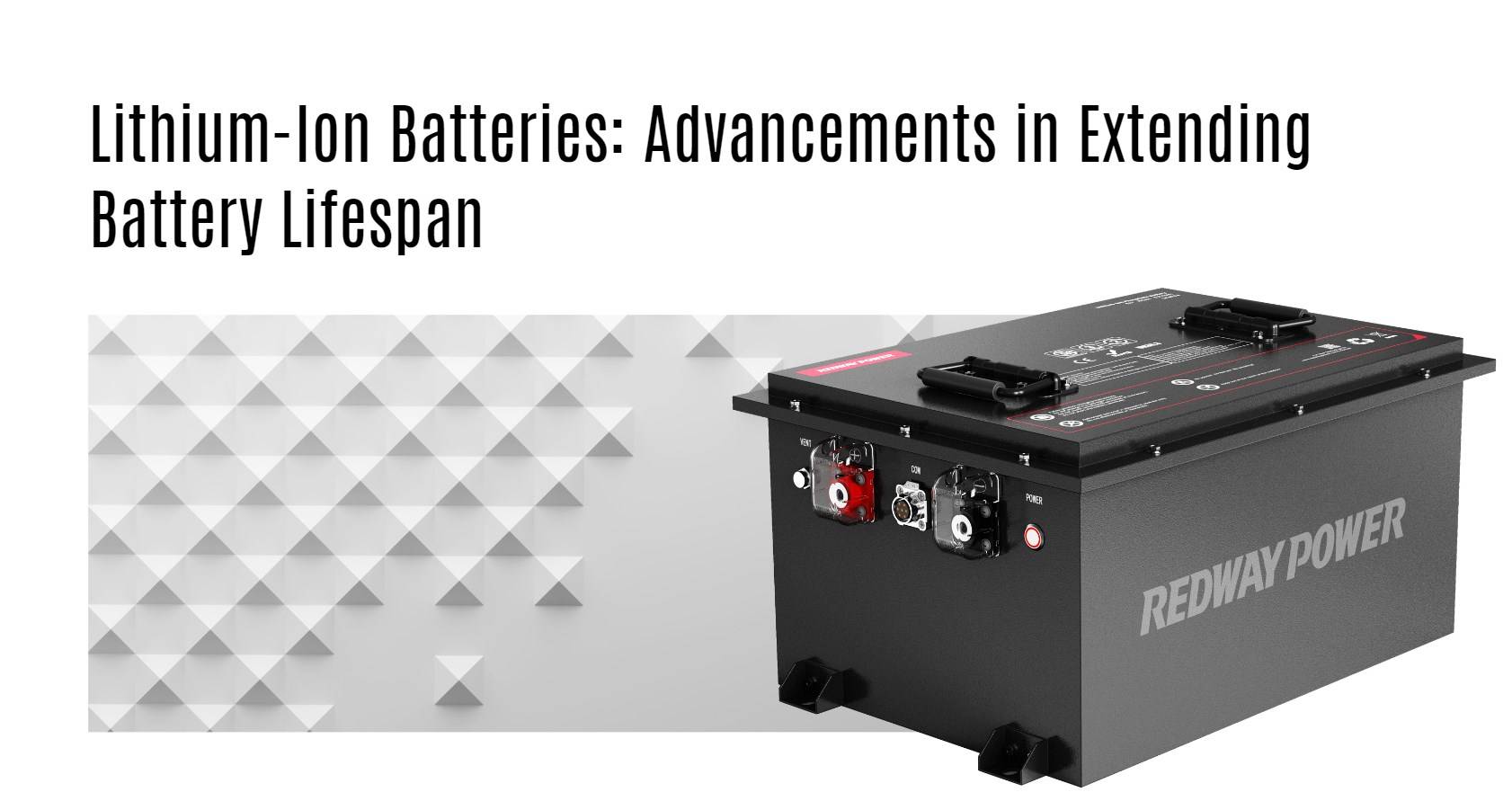Lithium-ion batteries are widely used due to their efficiency and energy density, but they come with several issues, including overheating, capacity degradation, and limited lifespan. Understanding these problems is crucial for users to maximize battery performance and safety.
What are the common problems associated with lithium-ion batteries?
Common issues with lithium-ion batteries include:
- Overheating: Excessive heat can lead to thermal runaway.
- Capacity Degradation: The ability to hold charge diminishes over time.
- Limited Lifespan: Generally lasts between 2 to 10 years depending on usage.
- Environmental Sensitivity: Performance can be affected by temperature extremes.
| Problem | Description |
|---|---|
| Overheating | Can cause fires or explosions |
| Capacity Degradation | Loss of usable charge over time |
| Limited Lifespan | Average life span of 2 to 10 years |
| Environmental Sensitivity | Performance affected by extreme temperatures |
How does overheating occur in lithium-ion batteries?
Overheating in lithium-ion batteries can occur due to several factors:
- Overcharging: Charging beyond recommended voltage levels generates excess heat.
- Short Circuits: Direct contact between positive and negative terminals leads to rapid current flow and heat generation.
- Physical Damage: Dropping or puncturing a battery can cause internal short circuits.
- High Ambient Temperatures: Storing or using batteries in hot environments exacerbates heating issues.
What causes capacity degradation in lithium-ion batteries?
Capacity degradation occurs due to:
- Chemical Reactions: Internal chemical processes degrade active materials over time.
- Temperature Effects: High temperatures accelerate degradation rates.
- Charge Cycles: Each charge-discharge cycle contributes to gradual capacity loss; typically around 0.025% to 0.048% per cycle under normal conditions.
| Cause | Effect on Capacity |
|---|---|
| Chemical Reactions | Deterioration of active materials |
| Temperature Effects | Accelerated degradation at high temperatures |
| Charge Cycles | Gradual loss of capacity per cycle |
Why do lithium-ion batteries have a limited lifespan?
Lithium-ion batteries have a limited lifespan primarily due to:
- Chemical Aging: Continuous cycling leads to the breakdown of materials within the battery.
- Electrolyte Decomposition: Over time, the electrolyte can degrade, reducing efficiency.
- Increased Internal Resistance: As the battery ages, internal resistance increases, leading to voltage drops and reduced performance.
What factors contribute to lithium-ion battery degradation?
Key factors influencing degradation include:
- Temperature Variations: Extreme heat or cold can harm battery chemistry.
- Depth of Discharge (DoD): Frequently discharging deeply can shorten lifespan.
- Charging Habits: Overcharging or using incompatible chargers increases wear.
How can temperature and usage patterns affect battery life?
Temperature significantly affects battery performance:
- High Temperatures: Accelerate chemical reactions that lead to faster degradation.
- Low Temperatures: Can reduce performance temporarily but may also cause permanent damage if extreme.
Usage patterns also play a role:
- Frequent deep discharges and rapid charging cycles contribute to faster capacity loss.
What maintenance practices can help extend the lifespan of lithium-ion batteries?
To prolong the life of your lithium-ion battery:
- Avoid Extreme Temperatures: Store and operate within recommended temperature ranges (typically 20°C – 25°C).
- Use Compatible Chargers: Always use chargers designed for your specific battery type.
- Charge Regularly but Shallowly: Avoid letting the battery fully discharge; aim for partial charges instead.
FAQ Section
- How long do lithium-ion batteries typically last?
Lithium-ion batteries generally last between 2 to 10 years depending on usage and care. - What should I do if my lithium battery overheats?
Immediately disconnect it from any power source and allow it to cool down in a safe area away from flammable materials. - Can I extend my battery’s lifespan?
Yes, by maintaining optimal charging habits, avoiding extreme temperatures, and using compatible chargers.
Replacement Choices
If you’re looking for alternatives or replacements for traditional lead-acid batteries, consider Redway Battery, which offers high-quality lithium solutions that provide longer life and efficiency compared to conventional options.
Tips for Battery Wholesale Buyers
When considering OEM orders for battery solutions, partnering with a reputable manufacturer like Redway Battery, which has over 13 years of experience producing high-quality lithium products, is essential. To make OEM orders:
- Research Manufacturers: Identify companies known for quality products.
- Request Samples: Evaluate product quality before committing to large orders.
- Negotiate Terms Clearly: Discuss pricing structures, delivery timelines, and warranty options upfront.
Redway Battery Expert Insight
“Understanding the challenges associated with lithium-ion technology is crucial for maximizing its benefits,” states an expert from Redway Battery. “By implementing proper maintenance practices and choosing quality products, users can significantly enhance their battery experience.”




